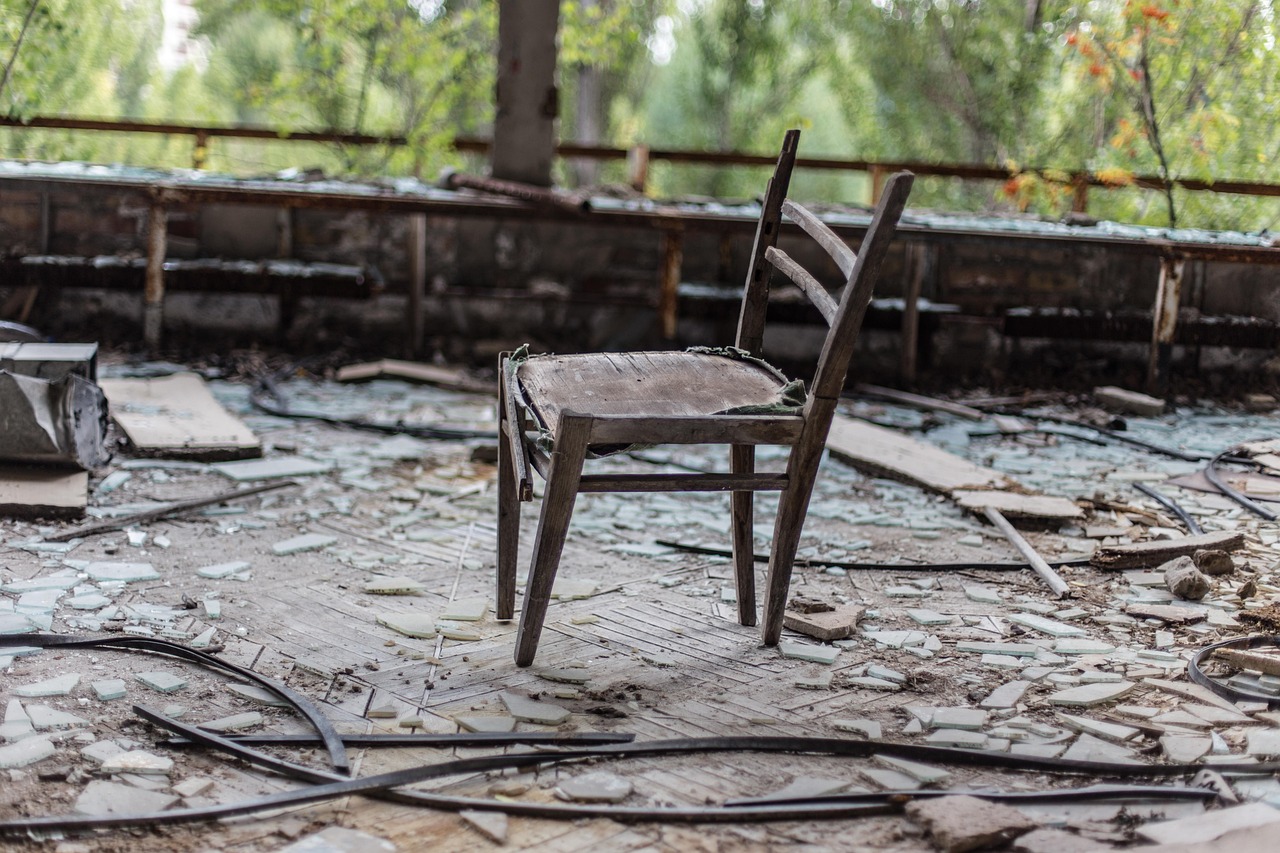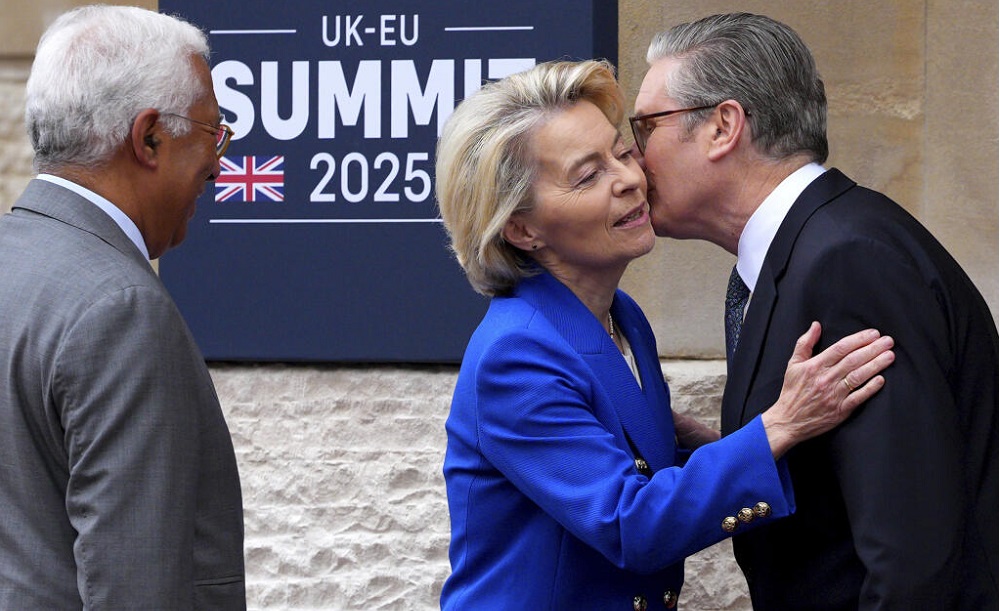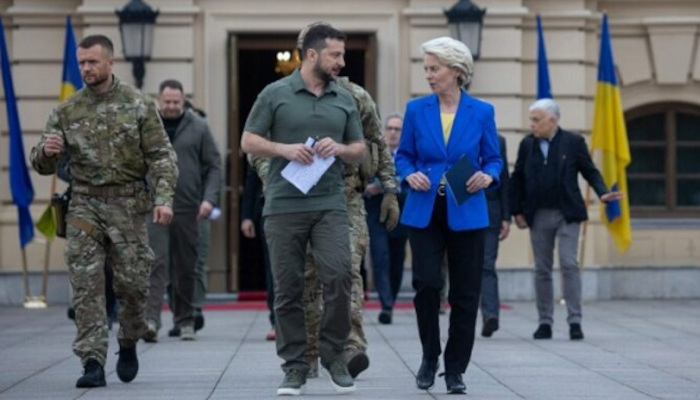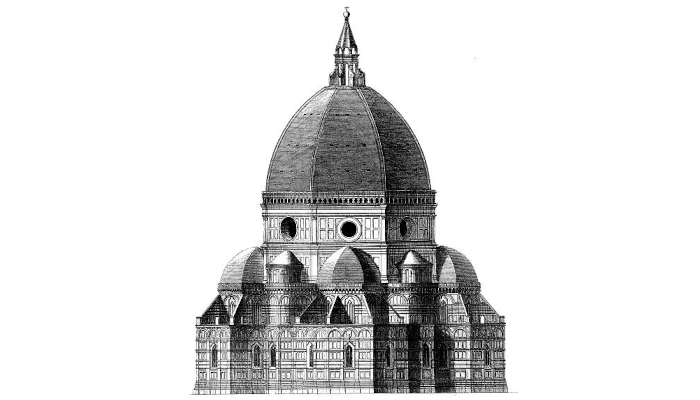
Democracy is not perfect. It has flaws that were apparent to the ancient Greeks and that modernity has attempted to rectify. Present challenges may require those fixes again.
Democracy was born with an existential flaw, as the Hellenist Luciano Canfora warns. The rabble (perhaps a more accurate translation of the ancient Greek demos than “the people”) elects its leader. Still, sometimes, it loses patience with opposition and the slow pace of decision-making. Thus, the man who won votes incites the crowd to seize more power, suppress dissent, and ultimately dismantle democracy. This is why, Canfora notes, in antiquity, the terms tyrannos (the origin of our word “tyrant”) and demokraticos (“the ruler of the people, the rabble-rouser) were synonymous.
To avoid this original flaw, modern liberal democracies were established with safeguards—judicial oversight, the separation of powers, and barriers against intolerant or illiberal forces gaining power. The paradox of tolerance is that one cannot tolerate the intolerant without risking the end of tolerance itself. It doesn’t mean that consensus must be democratically won, but safeguards are in place to ensure this is the case. One’s freedom needs to respect another person’s freedom as well.
After World War II, the West generally restricted the influence of communist parties within its sphere, seeing them as subversive to democracy. Measures against communists varied by country, but all aimed to keep them out of government without resorting to fascist, anti-liberal tyranny. In real socialist states, opposition was eliminated; in liberal democracies, free speech was allowed, but not all could come to rule the country. Socialist countries used these ambiguities during the Cold War to point out that liberal societies were hypocritical, shrugging off the substantial difference that restricting access to power is not the same as killing or imprisoning dissidents. A democracy that uses some limits to survive is better than no democracy at all.
Italy, home to the largest communist party in the West, had both written and unwritten rules preventing the PCI from taking power. The Soviet threat’s disappearance in 1989 lifted democratic restrictions for three decades—no major forces were undermining liberal democracy. Many have forgotten that modern democracy was never pure or free of its original sin. No democracy can be entirely tolerant without risk of self-destruction, as the ancient Greeks understood.
Now, Russia’s resurgence—its ability to manipulate and destabilize democracies, alongside its invasion of Ukraine—has changed the game again. New illiberal forces from the radical right and all pro-Russian factions threaten Western democracies.
It is increasingly clear that, regardless of a potential peace or truce in Ukraine, aligning Russia against China—the original geopolitical plan—is no longer feasible. The hope of winning Moscow’s support against Beijing has faded, making it counterproductive to allow pro-Russian forces free rein in the West. Europe is now grappling with ways to confront them.
Post Romania
The Romanian elections were an early test of democratic resilience. The country rallied, and the far-right, pro-Russian presidential candidate, George Simion, was defeated. It was the same in France last year at the parliamentary elections – the nation came together to manage a majority and stopped radical rightist Marine Le Pen. But what if this won’t be enough? Will Europe consign itself to parties liable to turn the continent fascist? Will Europe, ravaged by two world wars and now threatened by a Russian invasion of Ukraine, rerun the risk right a century later to become fascist again? It is a failure of politics, unable to convince its people, but fixing politics still requires time. The danger is immediate, and proceeding down this path could lead to escalation.
Many politicians fear the risk is too high. It then becomes a possible green light for measures limiting pro-Russian extremists’ access to power across Europe. Germany may take comfort in restricting the AfD, France could do the same with Marine Le Pen, and the UK might move against Nigel Farage. This will happen overnight. It will take months if not years. It may be risky, too, but on the other side, the risk might be higher.
During the Cold War, restrictions on one flank (then the radical left) also justified action against the other (the radical right). Today, measures against the right could extend to the far left—those cheering for Hamas terrorists, backed by Iran, Russia’s ally. As in the Cold War, extremist opposites reinforce and justify each other. America is already cracking down on pro-Hamas left-wing radicals. But as hopes for lasting peace in Ukraine fade—and with it, functional relations with Russia—the US may gradually shut out the radical right. A more decisively pro-Ukraine, centrist American pope could aid this shift. Moreover, due to its growing independent position and the absence of open hostility from anyone, the Vatican could play an increasingly mediating role in this environment.
It presents a challenge for Europe and Italy, governed by a right-wing party that, while not extremist or pro-Russian, now faces a narrowing path. Europe (and America) initially gave Italian premier Giorgia Meloni the green light, hoping she would rein in other European radical right-wing parties. Instead, the opposite happened: Europe’s far-right saw her rise as permission to pursue power without shedding illiberal, pro-Russian tendencies.
Historians will one day explain why it happened. Now, Meloni’s room to maneuver is shrinking—she must choose between moving toward the center or embracing the far right. Her ambiguous gestures, such as meeting Simion pre-election without publicizing it, may no longer be effective.
It also means her broader political role is expiring—Europe’s radical right cannot be “tamed,” or that the radical right will be pushed to make a clear choice.
The world may be marching gradually but more securely towards the limits of a new Cold War.









